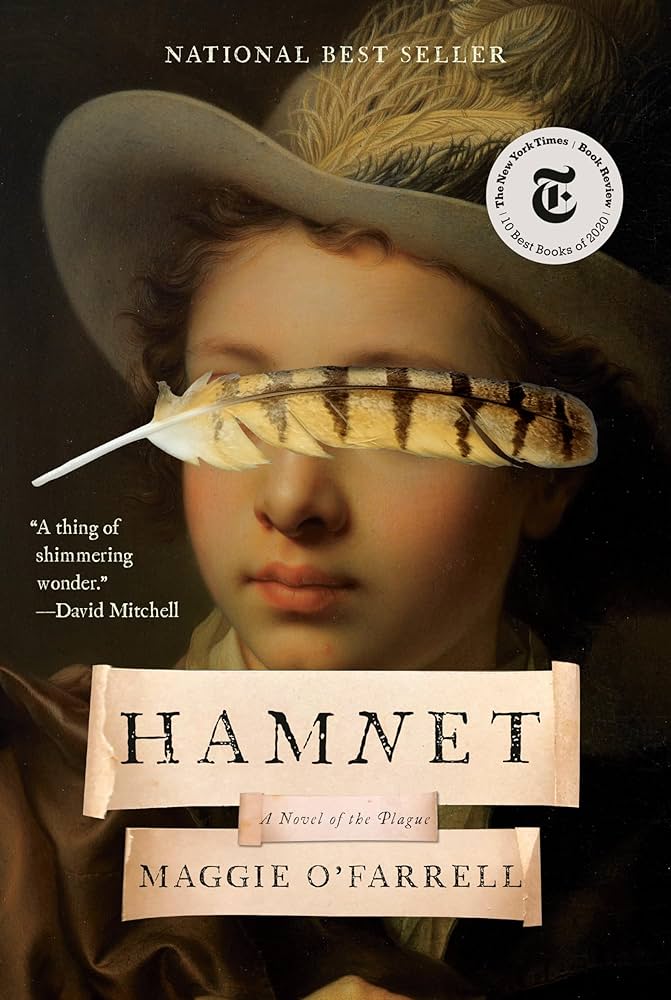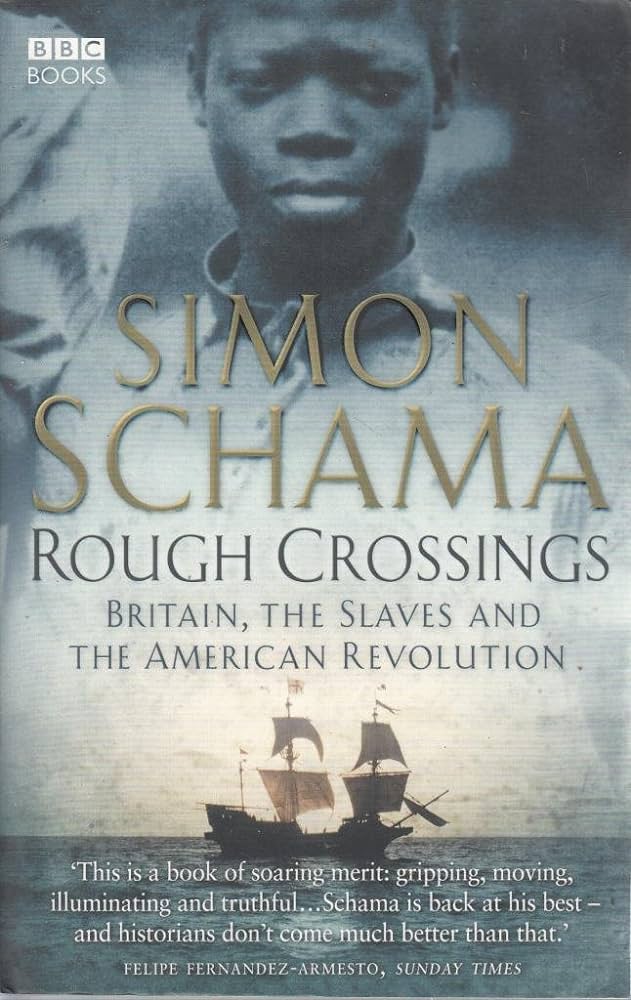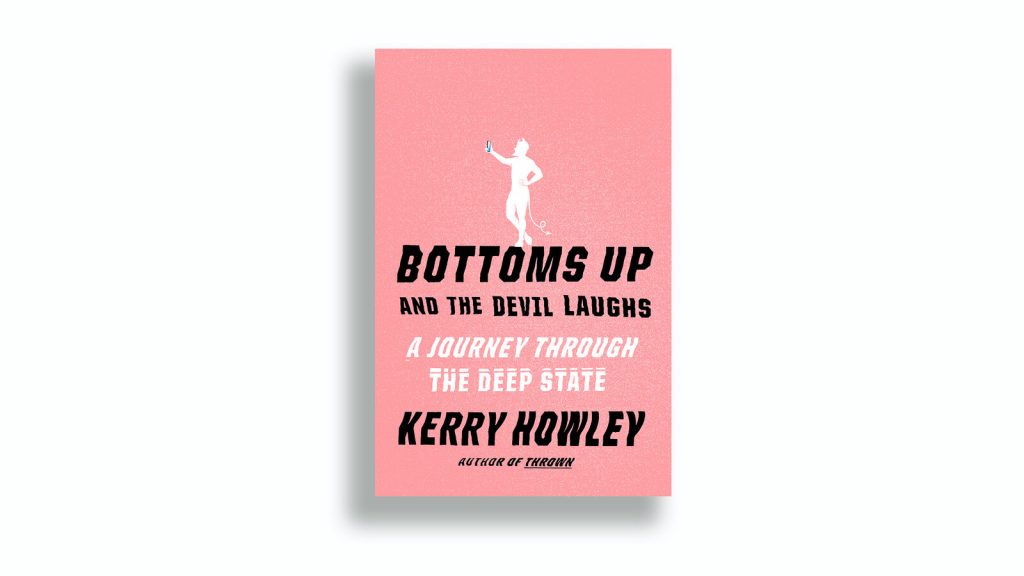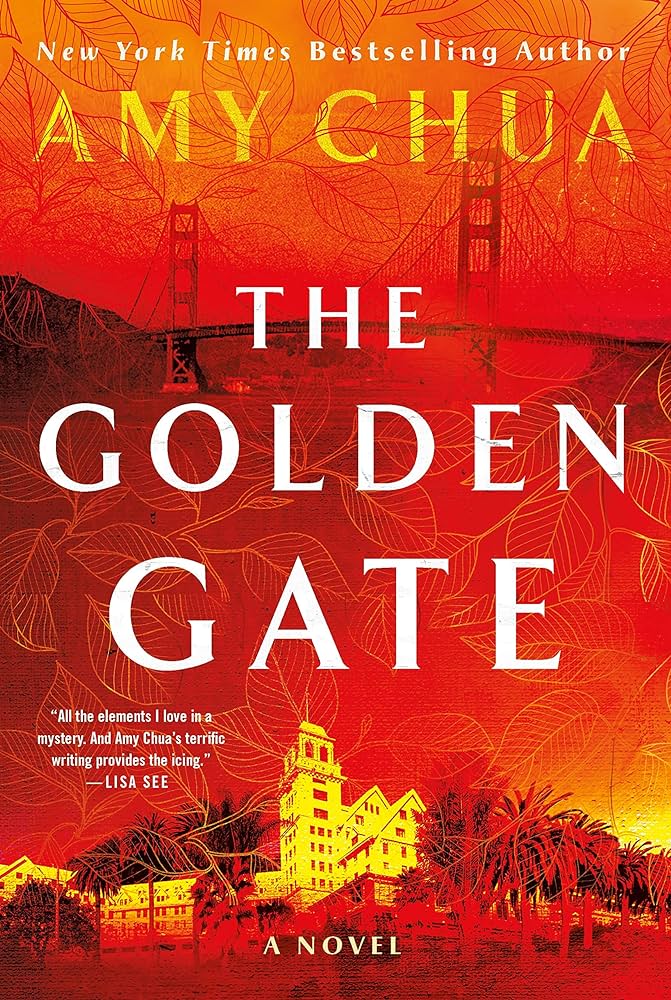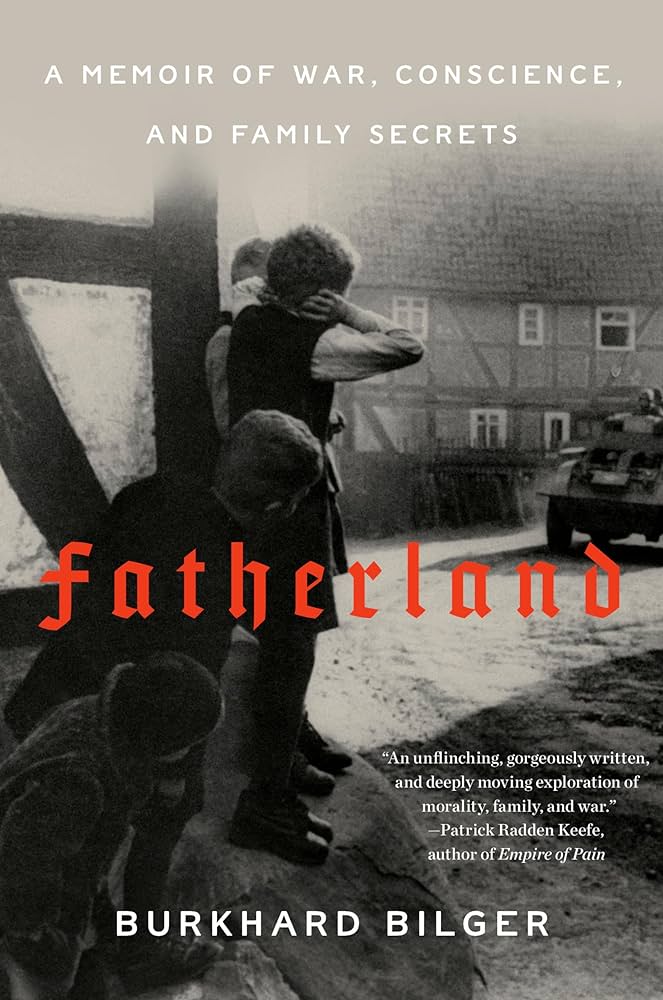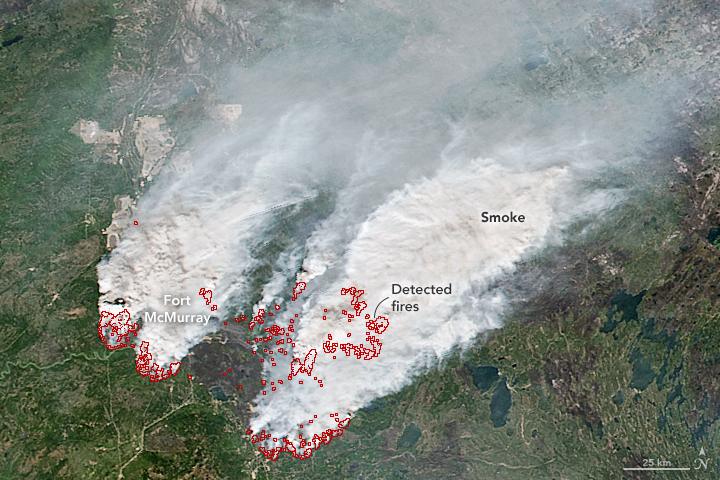Sourdough lemon poppyseed cake.

Rebecca Firsker published this recipe for a sourdough discard cake in a recent posting to The Perfect Loaf. My version of the cake was denser and chewier than what I’m used to for a lemon poppyseed cake, but it was oh, so-lemony. It lasted a day-and-a-half.
Deep Fried Whole Wheat Poori with Cumin

I was making a vegan red lentil almond dal the other night. Usually, when I make dal, I also prepare some sourdough naan to go with it, but, just to change things up, I revived this old recipe from Flatbreads & Flavors by Jeffrey Alford and Naomi Duguid.
Here is a quick summary of their recipe.
2 cups atta flour (sifted whole wheat, but I just used freshly milled whole wheat flour)
1 cup unbleached white flour
1 tsp black pepoper
1 tsp ground cumin
1/2 tsp turmeric
1 tsp salt
1 Tablespoon veg oil or ghee
1 1/2 cups plain yogurt, or more as necessary
Oil for deep frying
- Mix flour, spices, salt in a bowl.
- Sprinkle in the oil and rub in with your fingers.
- Add yogurt a little at a time until kneadable; should be stiff but kneadable.
- Knead dough on lightly floured surface 8 – 10 minutes.
- Return dough to lightly oiled bowl, cover, let rest 30 min – to two hours.
- Divide dough into 16 balls. Flatten each ball with your palms, cover with plastic, do not stack.
- Roll pooris to 6 inches diameter, cover, do not stack.
- Heat oil to 375 degrees.
- Lay poori on oil. It sinks. When it rises, poke it with spoon until it puffs Turn over and cook another 10 – 15 seconds.
